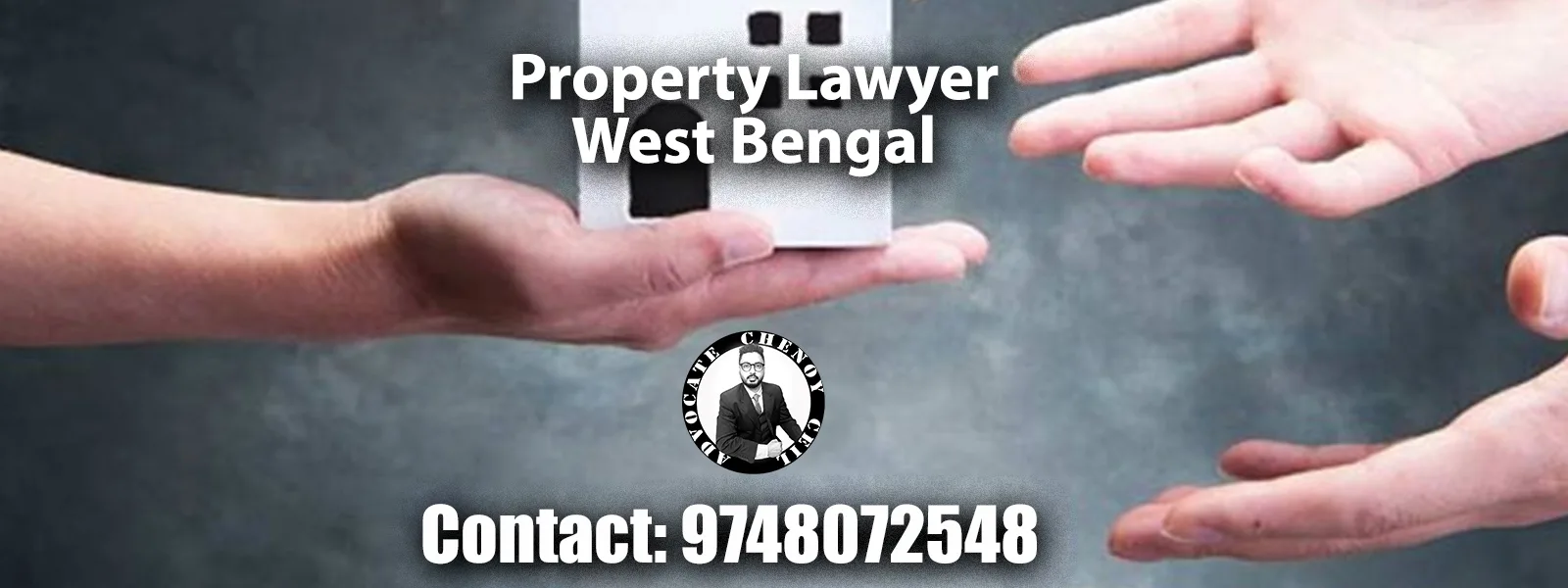If there is attachment of property required, then you should consult a property lawyer who can guide your through this process. The properties which are liable to attachment are lands, houses and other buildings, money, goods, banknotes, promissory notes, government securities and so on. The properties or assets are held by a trustee or judgment-debtor for their benefits.
The properties or assets which are not liable to attachment or sale of the judgement-debtor:-
- Personal property
- Salary
- Incorporeal property
Modes of Attachment are as follows:
- The procedure or manner in which different assets or properties are to be attached are mentioned in Rules 41 to 57 of Order 21 and the attachment of agricultural produce is discussed in Rules 44 and 45.
- Rule 46 also provides that where the movable property is debt then attachment should be made by prohibiting the debtor from making any payment or by prohibiting the recovery of debt and where there is a share in a body corporate, the attachment should be by restricting the delivery of the share or from getting any dividend. And in case of other movable property, the attachment should be by prohibiting the individual in possession of the property from giving possession to the judgement debtor.
- When there is a co-share in movable property of the judgement-debtor, the attachment should be by providing notice to the judgement-debtor which prohibit him from delivering or transferring his or her share or interest.
- Where there is a negotiable instrument the attachment should be made by actual seizure and it must be brought to the competent court.
- Attachment of property of a partnership firm is included under Rules 49 and 50.
- Rule 54 provides that if the property is immovable, the attachment should be made by an order prohibiting any delivery or charge on the property or asset.
Effects of Attachment:
- It creates no title of the decree-holder to the property and it also creates no charge over the property for the amount due to the decree-holder.
- The judgement-debtor constantly enjoy the attached property.
- All attachments prohibit private transfer and no individual can gain anything from the attached property.
In the case of Ashuthosh v. the State of Rajasthan, it was held that the creditor of the firm can get the debt from any one or more of the partners. And the Supreme Court was of the opinion that execution under Rule 49 of Order 21 will be given only after the decree is passed against the firm.
Conclusion:
Attachment of property can be specifically required if the debt is not cleared. The properties which are liable to attachment are lands, houses and other buildings, money, goods, banknotes, promissory notes, government securities and so on. For more details about attachment of property, contact one of the best property lawyer here.
